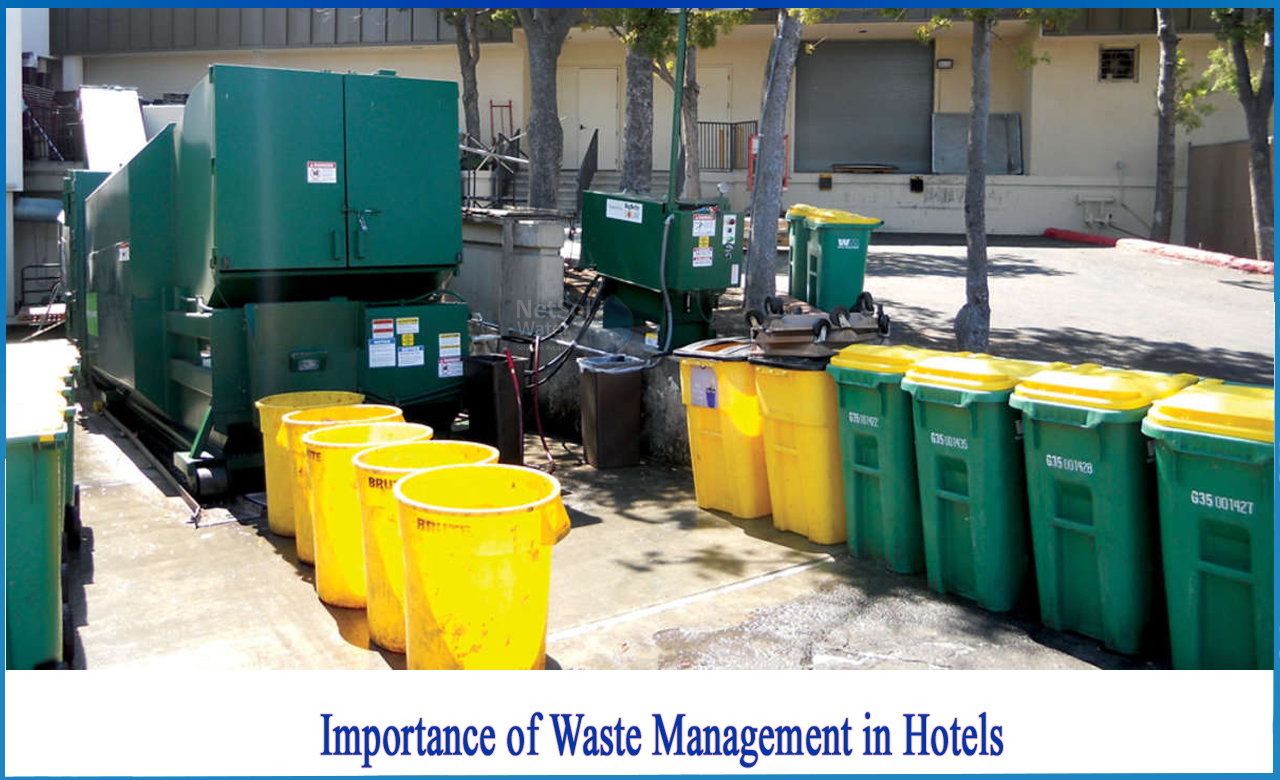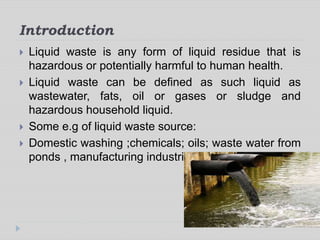Top Guidelines Of Reclaim Waste
Top Guidelines Of Reclaim Waste
Blog Article
The Buzz on Reclaim Waste
Table of ContentsMore About Reclaim WasteThe Ultimate Guide To Reclaim WasteThe 20-Second Trick For Reclaim WasteWhat Does Reclaim Waste Mean?More About Reclaim Waste
Domestic sewage waste refers to the waste and products from a domestic septic tank. The proper management and disposal of residential sewage waste call for liquid waste to be moved to a sewer therapy plant where the correct methods and tools are applied to cleanse and dispose of waste.
Business waste often includes prospective dangers, such as combustible materials or a mixture of liquid and strong waste items, and calls for a much more innovative and comprehensive disposal procedure. The disposal of commercial waste typically involves the filtering of waste before transport to guarantee risk-free and appropriate disposal. Hazardous waste is created from byproducts and drainage of commercial processes and production.
This kind of waste can not make use of the very same sewage management transportation or processes as septic or commercial fluids. The hazardous waste monitoring process requires the examination and testing of fluid waste before it undertakes the disposal procedure (liquid waste disposal melbourne). Drainage waste is the liquid waste that comes from overflow and excess stormwater in extremely populated areas or cities
Overflow waste can create contamination and flooding if not taken care of correctly. Guaranteeing proper waste management can protect against calamities and minimize environmental damage.
The smart Trick of Reclaim Waste That Nobody is Talking About
Contact PROS Solutions today to discover our waste management and disposal solutions and the appropriate means to take care of the liquid waste you generate.
(https://padlet.com/leonaube33101/reclaim-waste-hw71hge954tsaxnp)This supposed 'wastewater' is not just an essential resource but, after therapy, will certainly be released to our land, rivers or the ocean. Used water from bathrooms, showers, baths, kitchen sinks, washings and industrial procedures is known as wastewater.

water utilized to cool equipment or clean plant and devices). Stormwater, a form of wastewater, is overflow that moves from agricultural and metropolitan areas such as roofs, parks, gardens, roads, paths and seamless gutters into stormwater drains pipes, after rain. Stormwater streams neglected directly to neighborhood creeks or rivers, eventually reaching the ocean.
The smart Trick of Reclaim Waste That Nobody is Discussing
In Queensland, many wastewater is dealt with at sewage treatment plants. Wastewater is transported from domestic or industrial sites via a system of sewage systems and pump terminals, called sewage reticulation, to a sewage treatment plant. Regional governments develop, maintain and operate most sewage therapy plants. Operators are certified under the Environmental Management Act 1994 to discharge cured wastewater at an acceptable ecological requirement right into waterways.
The Division of Natural Resources suggests city governments about managing, operating and preserving sewage systems and therapy plants. In unsewered areas, local governments might need owners to mount individual or house sewage therapy systems to treat domestic wastewater from commodes, cooking areas, shower rooms and washings. The Division of Natural Resources authorizes making use of home systems when they are proven to be efficient.
In some brand-new subdivisions, treatment of some stormwater to get rid of clutter, sand and crushed rock has started making use of gross contaminant catches. Wastewater treatment takes place in 4 stages: Eliminates solid issue.
Wastewater after that streams right into large containers where solids clear up and are see page eliminated as sludge. Oil and scum are skimmed from the surface area. Makes use of little living organisms knows as micro-organisms to damage down and remove continuing to be liquified wastes and fine particles. Micro-organisms and wastes are incorporated in the sludge. Gets rid of nitrogen and phosphorus nutrients that could create algal blooms in our rivers and threaten aquatic life.
7 Easy Facts About Reclaim Waste Described
Nutrient removal is not readily available whatsoever sewer therapy plants due to the fact that it calls for costly specialized devices. It is ending up being much more common in Queensland. Clear fluid effluent produced after therapy might still have disease-causing micro-organisms. If this effluent is released right into rivers such as rivers or the sea, the micro-organisms will ultimately die out.

This generally implies wastewater has to be treated or contaminants gotten rid of prior to it can be discharged to rivers. A lot of wastewater streams into the sewage system. Under the Act, local federal governments carry out approvals and permits for environmentally pertinent activities (Periods) including wastewater launches that might have a regional influence. The division carries out authorizations and permits to Ages entailing wastewater releases that could have a local or statewide impact.
Reclaim Waste - Questions
Surveillance provides factual details concerning water quality and can verify that licence conditions are being fulfilled. The info gotten via surveillance gives the basis for making water top quality decisions.
Report this page